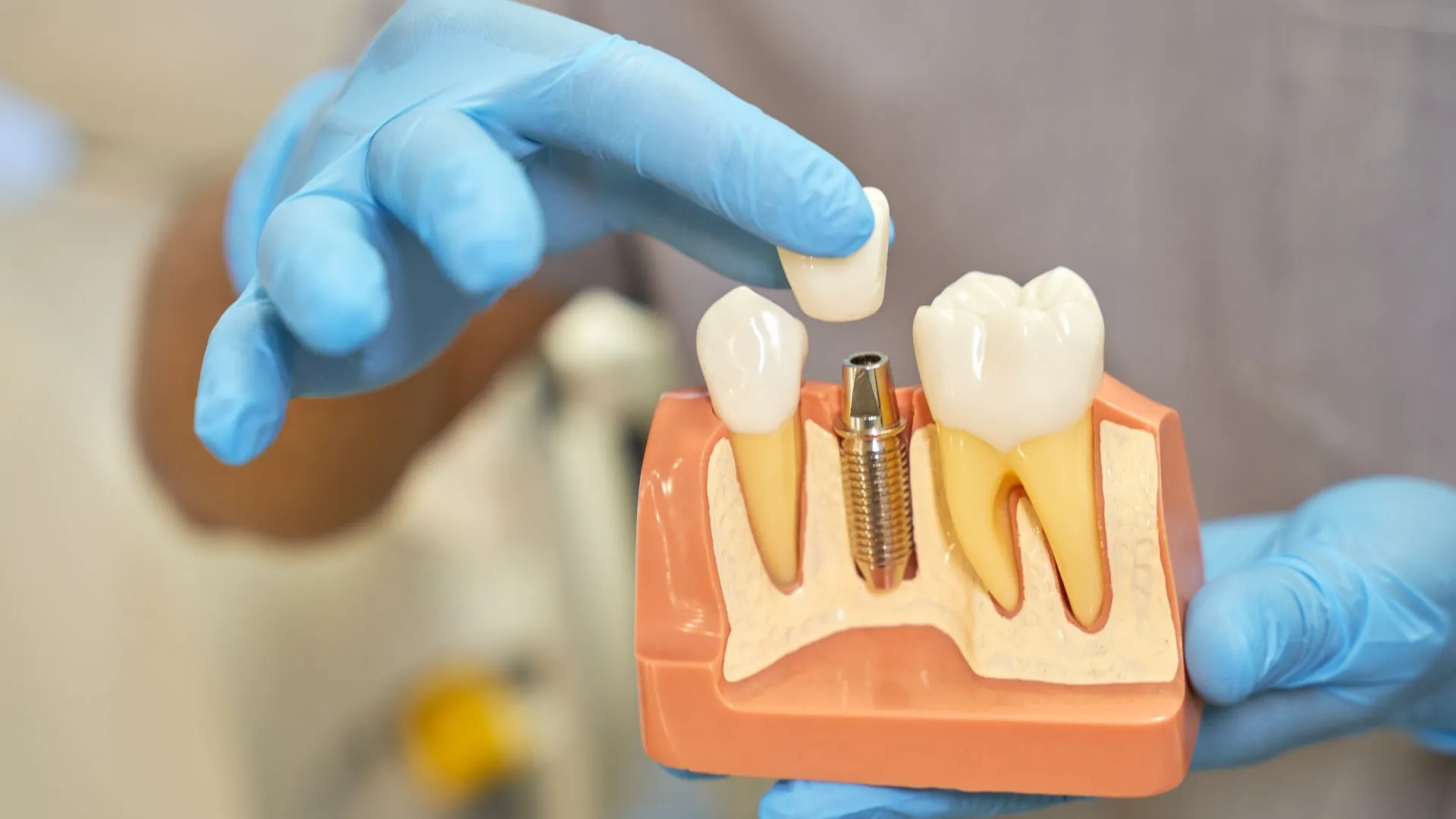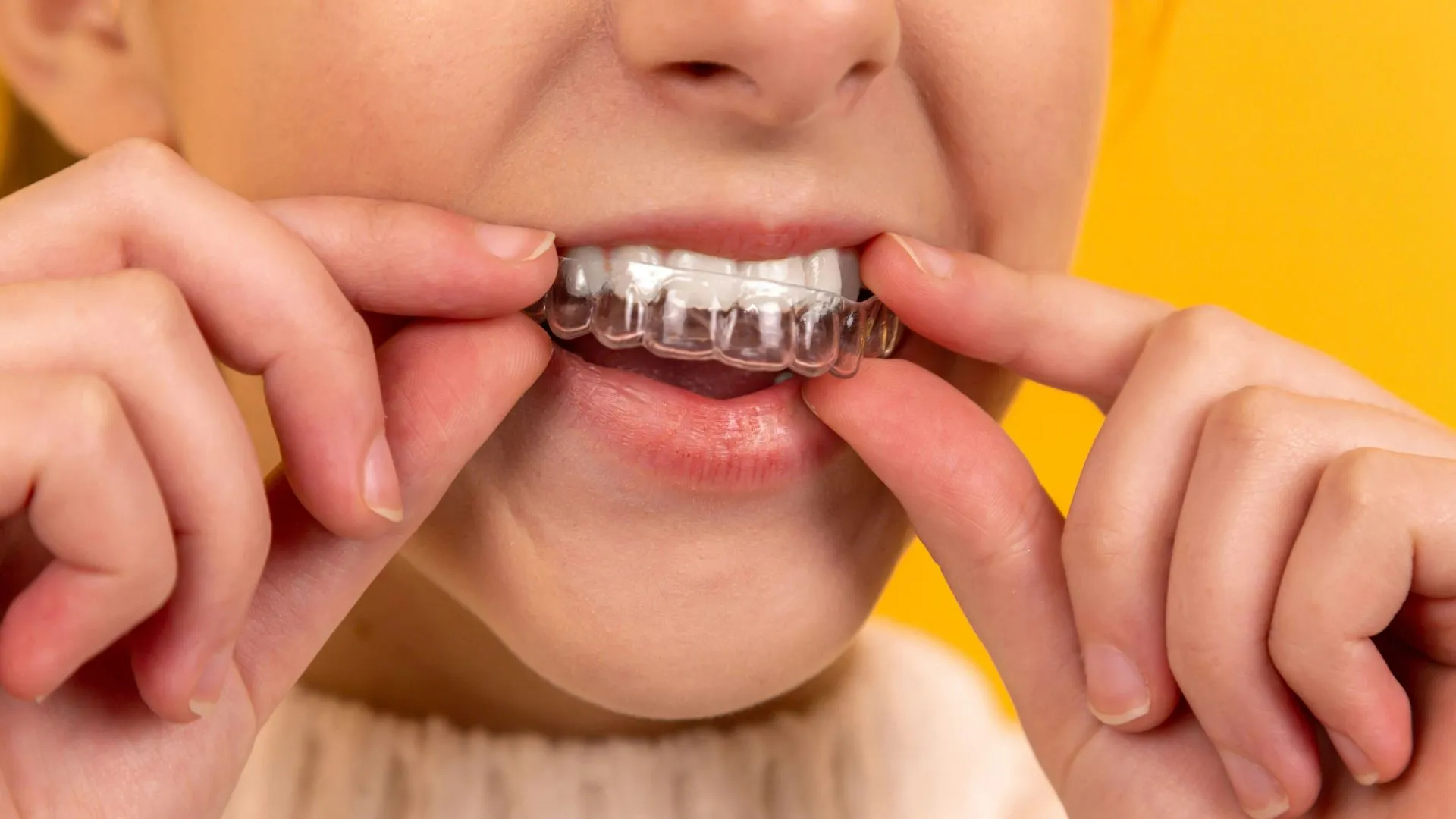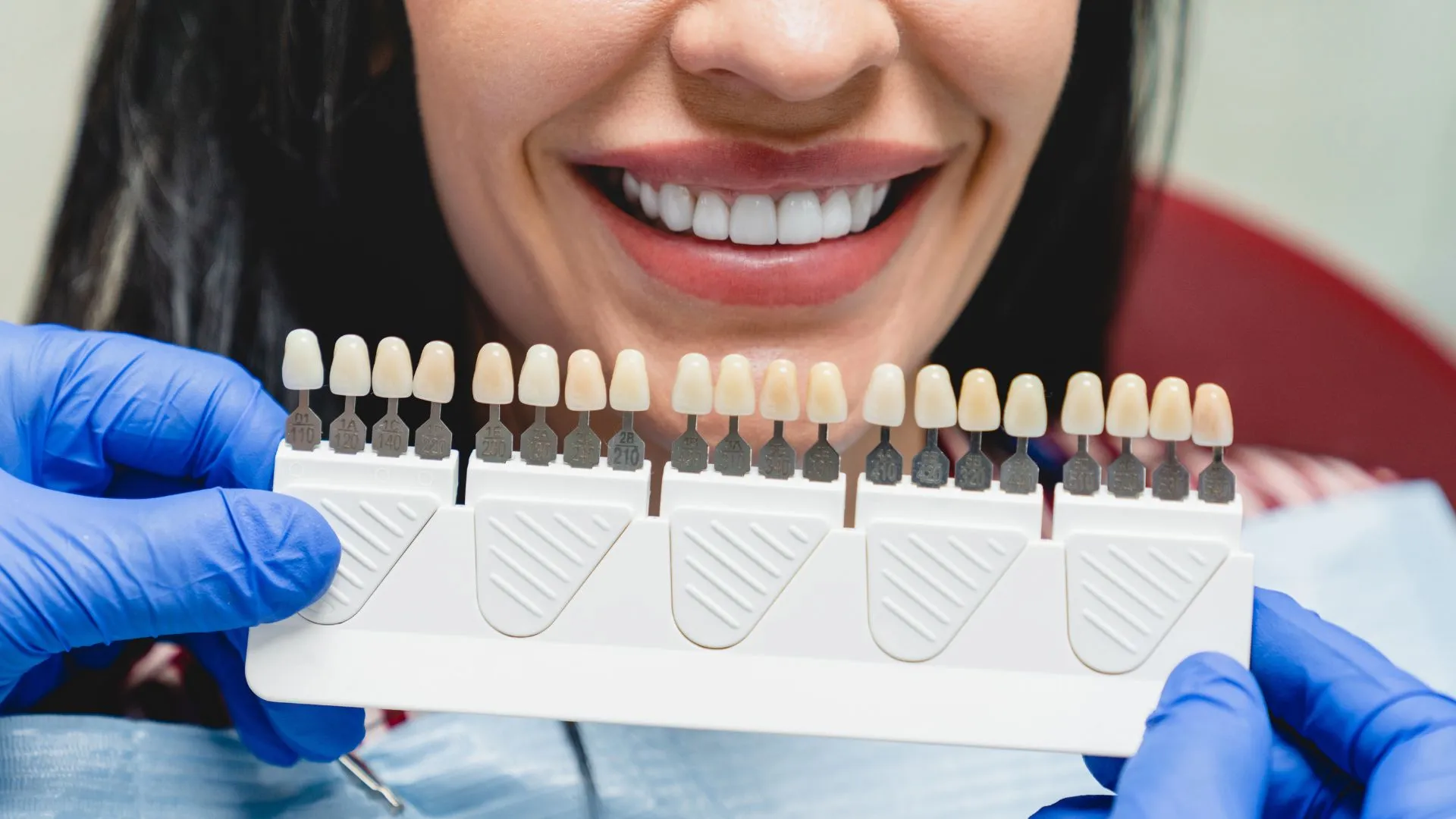Following your dental implant surgery, you will need to take additional steps towards making sure your dental implants are successful and healthy. Your dental surgeon will provide you with a combination of oral hygiene, dietary, and general habit…
Following your dental implant surgery, you will need to take additional steps towards making sure your dental implants are successful and healthy. Your dental surgeon will provide you with a combination of oral hygiene, dietary, and general habit recommendations to promote a faster healing process. If you take care to follow these recommendations, you will reduce your chances of experiencing implant failure or infection.
You might be worried that there are lots of steps to follow after your dental implant surgery but don’t worry. These steps are fairly simple and are thoroughly explained in the text below. Continue reading to find out more!

One major connection that you make when thinking about teeth is the food that you consume using your teeth. Of course, no one wants to give up their snack addictions to favorite foods in the grocery aisles but some temporary sacrifices might have to be made following your dental implant procedure. In the following article, Frederick G Hegedus, D.D.S. Oral & Maxillofacial Surgeon discusses dietary changes that might occur post-operation and how long you are likely to need to adhere to a diet of softer foods.
After dental implant surgery
After surgery, especially after general anesthesia or IV sedation, liquids should be initially taken. Drink plenty of cool fluids. Do not use straws, drink from a glass. Using a straw with sucking motion can cause more bleeding. Avoid carbonated beverages or very hot foods or drinks.
A soft, non-chewing diet is recommended for 10 days to 2 weeks after surgery to allow the gum tissue to heal. Chop food in small pieces or use a blender to puree. Eat any nourishing food that can be taken with comfort. Patients who maintain a good diet of soft foods, generally feel better, have less discomfort and heal faster. Avoid foods that may cause trauma to the gums, such as chips, popcorn, nuts or shells. Over the next several days you may progress to more solid foods.
Regarding caring for your dental implants after surgery, you might be pleasantly surprised just how similar your new routine will be to your normal one. Regular brushing, flossing, and rinsing are still majorly a part of maintaining your teeth’ health (even if that tooth is an artificial one, as an implant).
United Concordia Dental touches upon this concept in the following article. Another important thing to note is how often you should go in for checkups even after your implants have fully healed.
Dental implant care: Before, during and after restoration
Caring for dental implants continues long after the dentist fits them, as the Creighton University School of Dentistry explains. Brushing, flossing, rinsing and a schedule of regular dentist visits are essential to maintain the implants’ appearance and reduce the chances of failure. The patient can use the toothpaste, toothbrush and floss used for natural teeth to clean dental implants. At six-month visits, the dentist X-rays the implants to check for bone loss around the posts, which is an early sign of failure.
He also checks the health of the gums, and uses specialized instruments to clean the implants. It can take a while for patients to see the final results from dental implant surgery, but the time and inconvenience are worth it. Dental implant care is similar to caring for natural teeth, and the two are difficult to tell apart. When properly cared for, the patient can look forward to decades of healthy teeth and confident smiles.
Other steps to take after your surgery to maintain the good health of your dental implants involve straying away from the use of drugs or alcohol and even eliminating the use of them completely. Drugs and alcohol tend to cause tooth staining as well as a general decrease in the quality of your dental health. Even though a dental implant is not your natural tooth, it isn’t invincible and can still be damaged.
Do yourself a favor and take into consideration these cautionary words from Infinite Dental Wellness in the article below:
Smoking and drinking alcohol after dental implant surgery
People who drink alcohol in excess have similar risks since alcohol can also restrict blood flow. Even one or two drinks can be dangerous for the thinning of the blood. While it is normal to have some bleeding post-surgery, the blood will not clot properly if it is too thin. This can create an uncomfortable situation for patients who need to use a lot of gauze to stop the bleeding. In the worst case scenario, the blood is too thick and it may be impossible to stop without further damage. Drinking too much alcohol can also increase the risk of infection.
The bottom line is that dental implant surgery is exactly that, surgery. It is important to take the procedure seriously and prepare for recovery. Preparations include taking time off of work to limit activities, avoid lifting anything heavy, consuming a diet that is going to promote recovery rather than take away from it. This makes it necessary to avoid smoking and drinking as much as possible.



